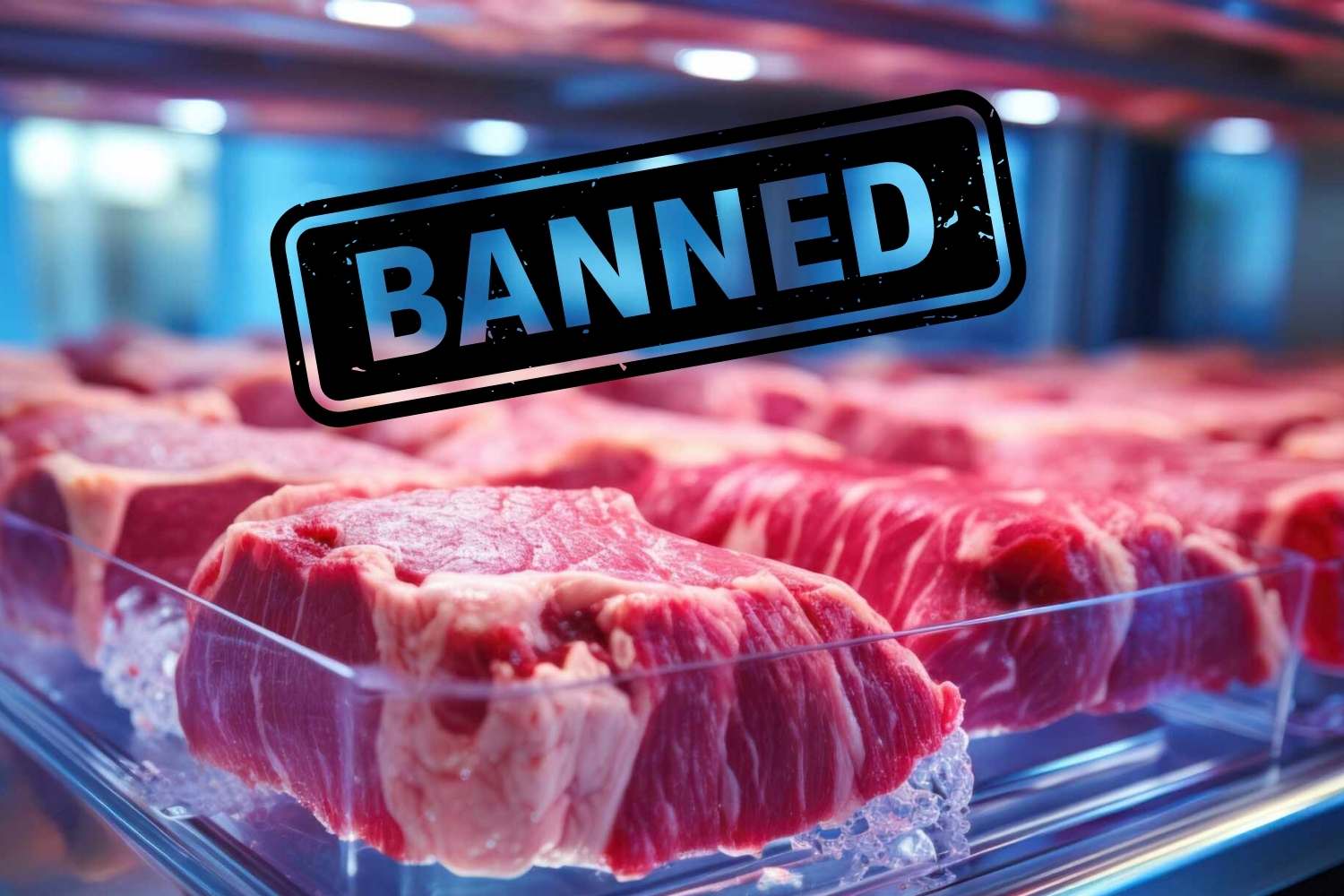Texas has banned cultivated meat for two years, sparking a federal lawsuit from UPSIDE Foods and Wildtype. The outcome could reshape consumer choice and food innovation.

The debate over cultivated meat—a once-futuristic idea that has steadily crept into mainstream discussions—is heating up again. This time, the flashpoint is Texas.
On September 1, 2025, Senate Bill 261 came into effect, banning the production and sale of lab-grown meat for two years. The law doesn’t just prohibit new businesses from opening; it also introduces both civil and criminal penalties for anyone who violates the ban. Texas Agriculture Commissioner Sid Miller defended the move, saying it protects the state’s traditional livestock industry and shields consumers from what he calls “synthetic meat.”
But for the companies working at the forefront of food innovation, the response was swift—and combative.
Companies take Texas to court
UPSIDE Foods, a leader in cultivated chicken, and Wildtype, which has made waves with its cultivated salmon, quickly filed a federal lawsuit against the state. They’re backed by the Institute for Justice, a nonprofit law firm that champions economic liberty and consumer freedom.
Their argument is simple yet weighty: the Texas law is unconstitutional. As their lawyers point out, consumer safety is already ensured through federal oversight by the FDA and the U.S. Department of Agriculture. The real purpose of the ban, they argue, isn’t about protecting health at all—it’s about shielding the conventional cattle industry from competition.
For UPSIDE Foods and Wildtype, the stakes extend beyond business. The companies insist that this law strips consumers of their freedom of choice and handcuffs innovative firms in a market where their products have already been deemed safe.
A broader battle over innovation
The case also sparks a larger conversation: how far can a state go in defending traditional industries at the expense of new technologies? Cultivated meat advocates see Texas as trying to politicize what should be a matter of consumer preference. By turning an approved food product into a legal flashpoint, the lawsuit could set a precedent not just in the U.S. but abroad, where other governments are watching closely.
Texas is not alone in pushing back against cultivated meat. States such as Alabama, Indiana, Mississippi, Montana, and Nebraska have also enacted restrictions or outright bans. For innovators, this patchwork of laws represents a growing barrier to scaling technologies that many argue are vital for sustainability.
The fight for consumer freedom
For Justin Kolbeck, co-founder of Wildtype, the issue cuts to something far more personal than industry politics.
“We believe Americans should have the freedom to choose what to eat. Even if you don’t like the idea of cultivated seafood, we hope you agree that we are sliding onto dangerous ground if we let the government make decisions this personal—like what to put on our plates for ourselves and our families.”
Before the ban took effect, cultivated meat was hardly common in Texas. In fact, only one restaurant served it: OTOKO, an upscale sushi bar in Austin, where Wildtype salmon occasionally appeared on the menu. That quiet experiment is now off the table—literally.
The battle in Texas is just beginning, but the outcome could resonate far beyond Austin’s dining scene. Whether it ends up protecting tradition or stifling progress, the case will help define how much freedom both consumers and innovators truly have in shaping the future of food.
Source: Texas Senate Bill 261
